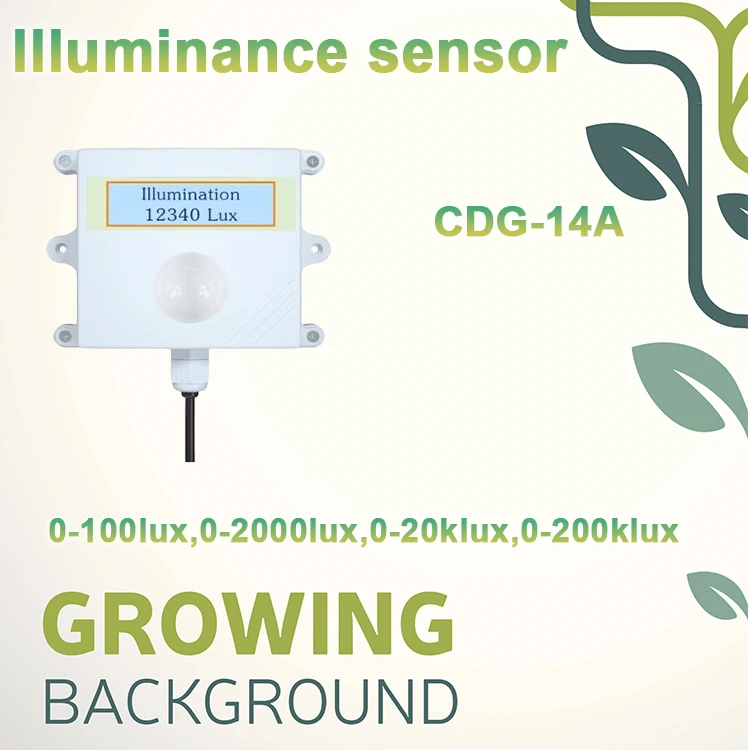
本身
html
Light Detector: Principles and Applications
Introduction to Light Detectors
A light detector, also known as a photodetector, is a device that converts light energy into an electrical signal. These devices play a crucial role in various applications, from simple light sensing to complex optical communication systems. Light detectors are essential components in many modern technologies, including cameras, medical imaging devices, and environmental monitoring systems.
Basic Principles of Light Detection
Light detectors operate based on the photoelectric effect, where photons of light interact with a material to generate electrical charges. The most common types of light detectors include:
- Photodiodes
- Phototransistors
- Photoresistors (LDRs)
- Charge-coupled devices (CCDs)
Types of Light Detectors
Photodiodes
Photodiodes are semiconductor devices that generate a current when exposed to light. They are widely used in optical communication systems, light meters, and medical equipment due to their fast response time and high sensitivity.
Phototransistors
Phototransistors combine light detection with amplification, making them more sensitive than photodiodes. They are commonly used in light-sensitive switches and object detection systems.
Photoresistors (LDRs)
Light-dependent resistors change their resistance based on light intensity. These simple and inexpensive devices are often found in automatic lighting systems and light-sensitive alarms.
Applications of Light Detectors
Optical Communication
Light detectors are fundamental components in fiber optic communication systems, converting optical signals back into electrical signals for data transmission.
Medical Imaging
In medical applications, light detectors are used in various imaging techniques such as X-ray detection, endoscopy, and optical coherence tomography.
Environmental Monitoring
Light detectors help measure atmospheric conditions, detect pollutants, and monitor weather patterns through specialized optical sensing techniques.
Consumer Electronics
From smartphone ambient light sensors to digital camera image sensors, light detectors are ubiquitous in modern electronic devices.
Future Developments
Research continues to improve light detector technology, focusing on increasing sensitivity, reducing noise, and expanding the spectral range of detection. Emerging applications include quantum communication systems and advanced biomedical sensors.
As technology advances, light detectors will continue to play a vital role in scientific research, industrial applications, and everyday consumer products.
Keyword: light detector